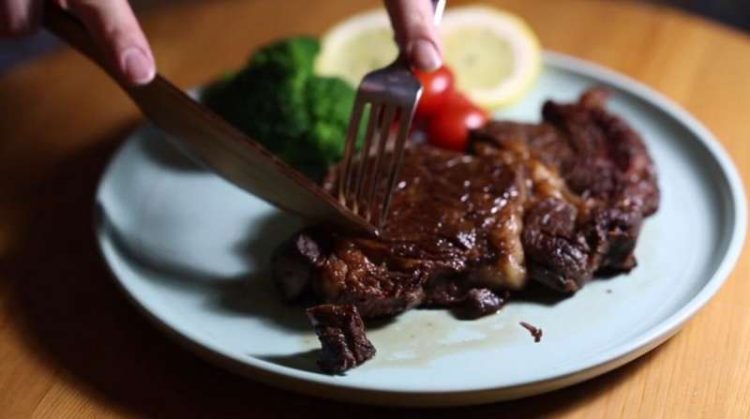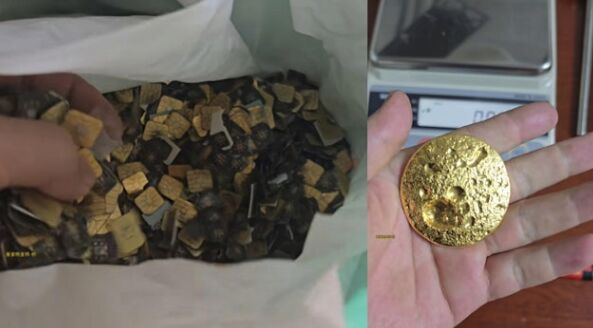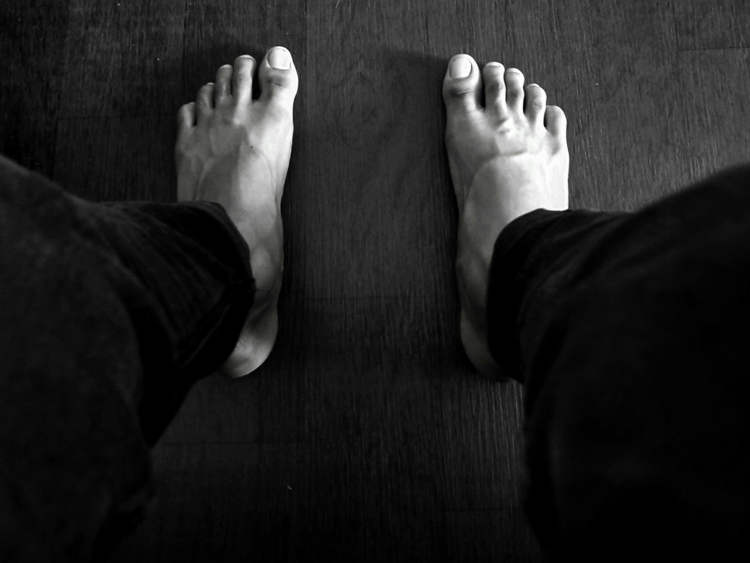According to a recently published scientific paper, a team of researchers has developed a wood processing technique that makes the material 23 times harder, making it possible to create sharp wooden knives and nails.
Material scientists at the University of Maryland have reportedly developed a type of hardened wood that can be used as a sustainable alternative to materials like steel and ceramics. To demonstrate the toughness of their chemically-treated wood, the team created a knife that is allegedly nearly three times sharper than a stainless-steel dinner table knife, as well as a wooden nail that can be hammered through wood without sustaining any damage, and that isn’t affected by rust.
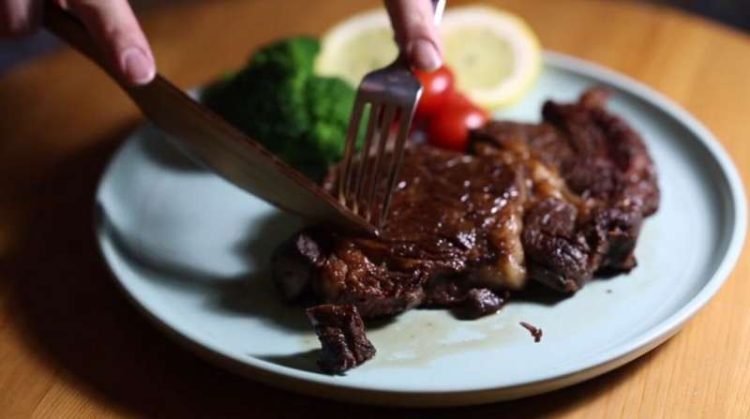
Photo: University of Maryland
“When you look around at the hard materials you use in your daily life, you see many of them are man-made materials because natural materials won’t necessarily satisfy what we need,” study author Teng Li, a material scientist at the University of Maryland, said. “Cellulose, the main component of wood, has a higher ratio of strength to density than most engineered materials, like ceramics, metals, and polymers, but our existing usage of wood barely touches its full potential.”
A common material used in construction, wood falls short in terms of toughness when compared to human-engineered materials because it only consists of 40%–50% cellulose, with hemicellulose and lignin being weaker components. To create their hardened wood, scientists set out to eliminate the weaker components while not affecting the cellulose.
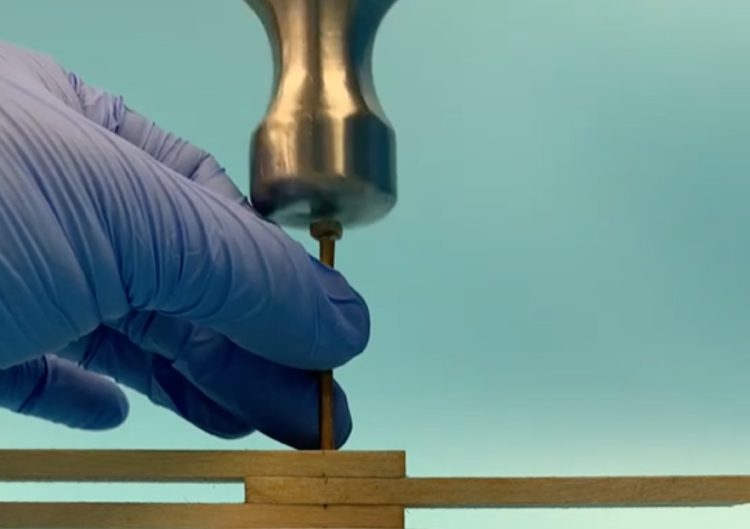
Photo: University of Maryland
Teng Li and his team achieved their goal through a two-step process. The first step involved removing the lignin, a process that apparently makes the wood soft, flexible, and somewhat squishy, while the second stage involved applying pressure and heat to the chemically-treated wood to remove any water and densify it. At this point, the hardened wood can be processed and carved into any shape, but it can also be coated in mineral oil to extend its lifetime. Because cellulose tends to absorb water, the mineral oil preserves hardened wood knives, ensuring that they remain sharp after repeated washing.
“The knife cuts through a medium-well done steak easily, with similar performance to a dinner table knife,” Li said, adding that the hardened wood is about 23 times tougher than the regular wood it is made of.
In addition to sharp wooden knives that could one day be used as an alternative to steel and ceramic ones, scientists also created durable nails that could be hammered through multiple wooden boards without sustaining any damage, and that have the advantage of being rust-resistant.
“An HW (hardwood) nail can be as functional as a steel nail with comparable performance but is immune from rusting, a key failure mechanism of steel nails,” the study authors wrote. “These encouraging applications suggest the promise of HW as a renewable and low-cost alternative for conventional hard materials with the potential to replace plastic table utensils and steel nails.”
Teng Li and his colleagues at the University of Maryland have been working on creating tough wood for years, and their latest version of hardened wood is their toughest one yet.

